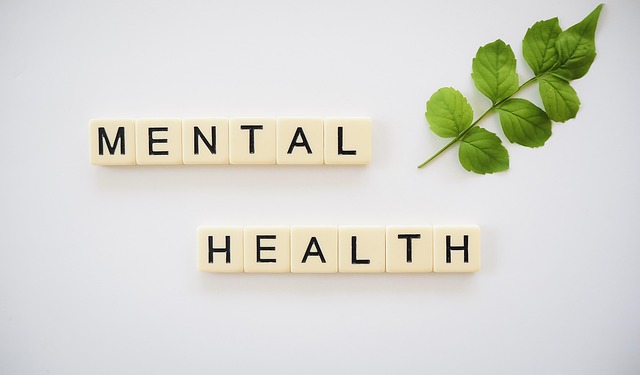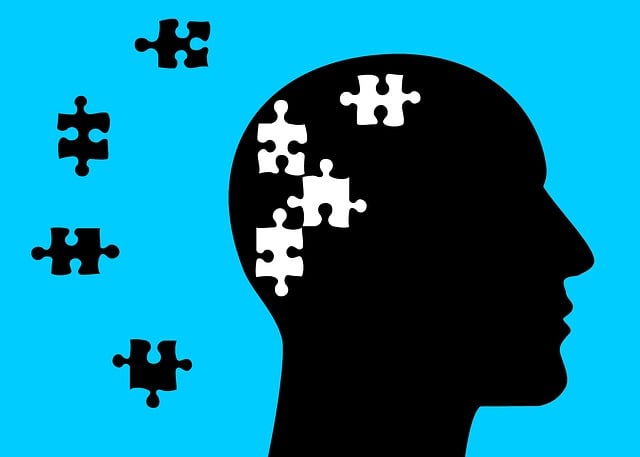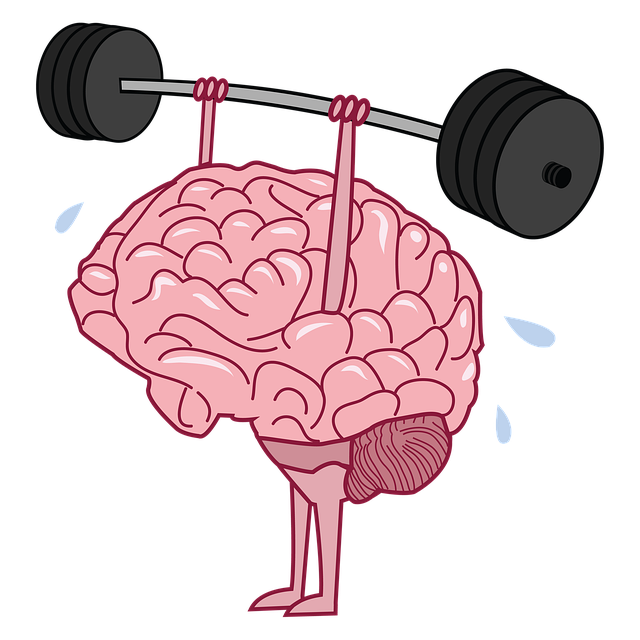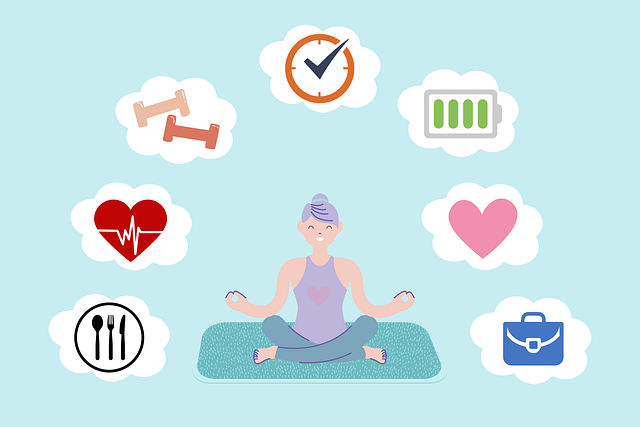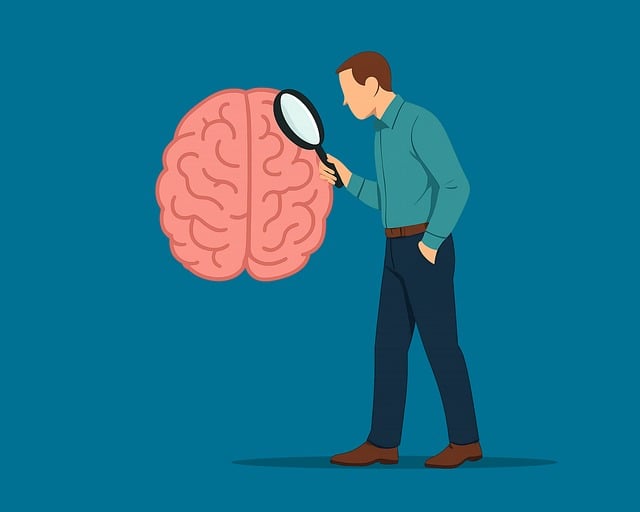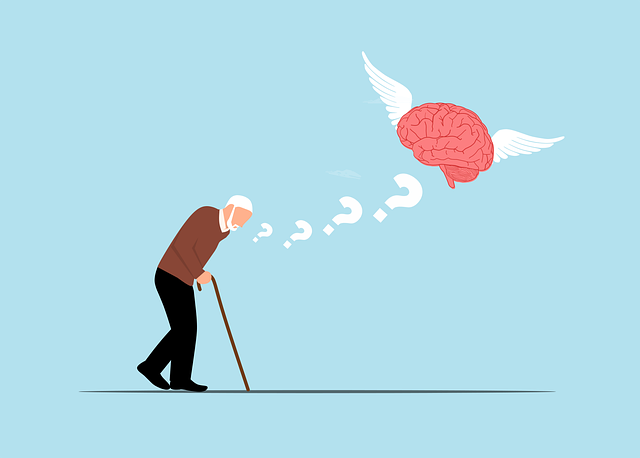In today's fast-paced world, self-care is crucial for emotional well-being, especially for those seeking Littleton Relationship Issues Therapy. Practices like mindfulness, exercise, and quality sleep are powerful tools for stress management, mood improvement, and depression prevention. Mental health professionals emphasize self-care through risk assessments and tailored guidance, helping clients build healthier lifestyles and protect against mental health challenges. In Littleton Relationship Issues Therapy, prioritizing self-care is key to fostering healthier relationships and promoting well-being by exploring emotional landscapes and implementing customized routines. Effective self-care practices like journaling, meditation, and exercise can be integrated into daily routines to reduce anxiety and improve emotional regulation. Overcoming barriers through education and workshops, along with tracking progress through goal-setting, ensures sustainable personal and professional growth in both individual and therapeutic contexts.
In today’s fast-paced world, self-care is more important than ever for maintaining mental wellbeing. This comprehensive guide explores the crucial role of self-care in Littleton Relationship Issues Therapy, offering insights into identifying personal needs and incorporating effective strategies into daily routines. We’ll navigate common barriers to consistent practice and provide metrics for long-term success, empowering folks to thrive through holistic self-care techniques.
- Understanding the Importance of Self-Care for Mental Wellbeing
- Identifying Personal Self-Care Needs in Littleton Relationship Issues Therapy
- Incorporating Effective Self-Care Strategies into Daily Routines
- Overcoming Common Barriers to Consistent Self-Care Practices
- Measuring and Maintaining Long-Term Self-Care Success
Understanding the Importance of Self-Care for Mental Wellbeing

In today’s fast-paced world, self-care is an essential practice for maintaining emotional well-being. It involves intentional actions to nurture and support one’s mental, physical, and spiritual health. For many individuals grappling with Littleton Relationship Issues Therapy, recognizing the significance of self-care goes beyond mere wellness; it’s a powerful tool for healing and growth. By incorporating practices such as mindfulness, exercise, and quality sleep into their routines, individuals can effectively manage stress, improve mood, and prevent depression—all crucial aspects of emotional well-being promotion techniques.
Understanding the importance of self-care is not just beneficial for personal development; it’s also a key focus area for mental health professionals. A comprehensive risk assessment should be conducted to identify potential issues like depression prevention among their clients. This proactive approach ensures that practitioners are equipped to guide their patients toward sustainable self-care habits, fostering a healthier and more balanced lifestyle. Effective self-care strategies not only enhance overall well-being but also serve as a protective measure against various mental health challenges, making it an indispensable aspect of modern therapy practices.
Identifying Personal Self-Care Needs in Littleton Relationship Issues Therapy

In Littleton Relationship Issues Therapy, identifying personal self-care needs is a fundamental step in fostering healthy relationships and enhancing overall well-being. This process involves delving into one’s unique emotional landscape, recognizing patterns of behavior, and understanding the root causes of stress and anxiety. By acknowledging individual requirements, clients can tailor their self-care practices to address specific challenges, be it managing anger issues through conflict resolution techniques or cultivating a positive mindset to improve mental wellness.
Therapy sessions often incorporate Mental Wellness Coaching Programs Development to empower individuals with effective coping strategies. These programs encourage the exploration of healthy habits such as regular exercise, mindfulness practices, and sufficient sleep—all vital components for maintaining equilibrium in personal lives. Through tailored guidance, clients learn to navigate their relationships more harmoniously, thereby improving both their emotional resilience and overall satisfaction in Littleton Relationship Issues Therapy.
Incorporating Effective Self-Care Strategies into Daily Routines

Incorporating effective self-care strategies into your daily routine is a powerful step towards enhancing both mental wellness and overall life satisfaction. It’s not just about taking breaks; it’s about cultivating practices that nurture your mind, body, and spirit. Start by integrating simple yet profound techniques such as Mental Wellness Journaling, Exercise Guidance, and Mindfulness Meditation into your mornings or evenings. These practices serve as a sanctuary from the day’s stressors, allowing you to gain clarity, reduce anxiety, and improve emotional regulation.
Consider setting aside dedicated time each day for self-reflection through journaling, where you can process thoughts and emotions honestly. Engage in regular physical activity tailored to your preferences, whether it’s a brisk walk, yoga, or dance, as movement is a potent tool for releasing endorphins and improving mood. Additionally, incorporate Mindfulness Meditation to calm the mind and foster a deeper connection with yourself. For individuals navigating Littleton Relationship Issues Therapy, these self-care strategies become essential tools in facilitating personal growth and healing.
Overcoming Common Barriers to Consistent Self-Care Practices

Many individuals struggle to maintain consistent self-care practices due to various barriers. Common challenges include time constraints, overwhelming responsibilities, and a lack of understanding around the importance of self-nurturing. These obstacles are particularly pertinent in today’s fast-paced world, where demands on our time and energy can seem endless. For those dealing with Littleton Relationship Issues Therapy, finding moments for self-care might feel even more elusive, as emotional challenges often demand immediate attention.
However, recognizing these barriers is the first step towards overcoming them. Engaging in Mental Health Education Programs Design or participating in Stress Management Workshops Organization can equip individuals with the knowledge and tools to integrate self-care into their routines effectively. Additionally, Risk Management Planning for Mental Health Professionals can help therapists balance their own well-being while supporting their clients, creating a sustainable environment for both personal and professional growth.
Measuring and Maintaining Long-Term Self-Care Success

Tracking your self-care journey is an essential aspect of long-term success and well-being. Measuring progress allows individuals to identify areas that require consistent attention and effort, especially when navigating complex issues like Littleton Relationship Issues Therapy. By setting specific and achievable goals related to mental health awareness and conflict resolution techniques, one can create a personalized roadmap for self-improvement. Regular reflection on these goals provides an opportunity to celebrate achievements, adapt strategies, and stay motivated.
A well-designed Mental Health Education Program can play a pivotal role in empowering individuals to take charge of their self-care. These programs should offer practical tools and techniques accessible through various mediums, catering to diverse learning styles. Incorporating interactive elements, such as workshops or online resources, ensures engagement and facilitates the adoption of healthy habits. Over time, this consistent exposure to Mental Health Education can lead to better conflict resolution skills and improved overall mental health, fostering a more balanced and fulfilling life.
Self-care is not just a trend, but a vital practice for enhancing mental wellbeing, as highlighted in the context of Littleton Relationship Issues Therapy. By understanding personal needs and incorporating effective strategies into daily routines, individuals can overcome barriers and achieve long-term success. This journey towards self-improvement requires dedication and awareness, enabling one to lead a more balanced and fulfilling life.



